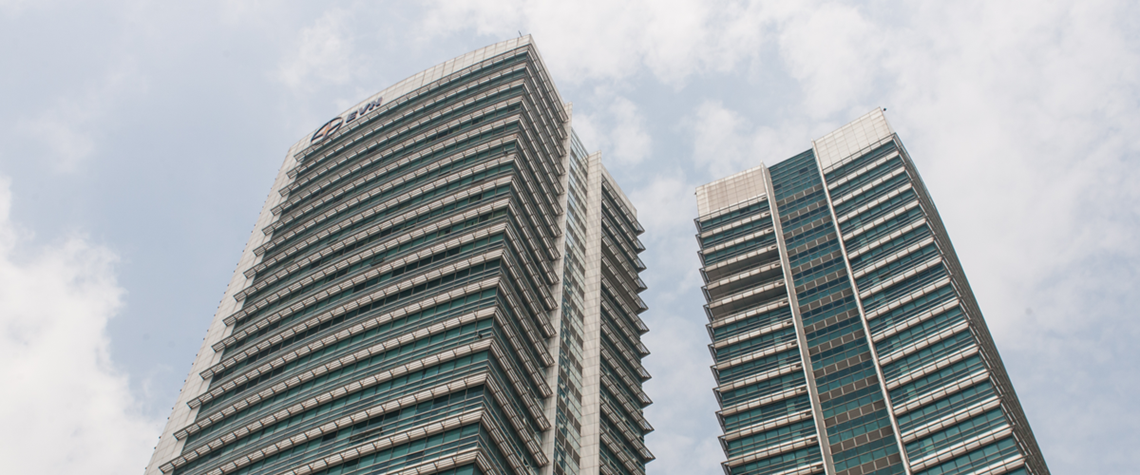Investors unfazed by Vietnamese challenges
Foreign companies are enthusiastic about Vietnam’s LNG prospects, but risks persist
Foreign investment in Vietnamese power projects has proven difficult in the past. But the government—facing a looming shortfall in generation capacity and growing global opposition to coal—has introduced legal and regulatory reforms in an effort to improve matters. The previous, and much-stalled, generation of power projects—many of which were incorporated into the country’s Power Development Plan 7 (PDP7)—were coal-fired and developed under a build-operate-transfer (BOT) model. Vietnam brought a new public-private partnership (PPP) law into force on 1 January, with the intent of boosting private-sector investment, while the PDP8 is waiting on prime ministerial approval. Of the extensive pip

Also in this section
18 February 2026
With Texas LNG approaching financial close, Alaska LNG advancing towards a phased buildout and Magnolia LNG positioned for future optionality, Glenfarne CEO Brendan Duval says the coming year will demonstrate how the company’s more focused, owner-operator approach is reshaping LNG infrastructure development in the North America
18 February 2026
The global gas industry is no longer on the backfoot, hesitantly justifying the value of its product, but has greater confidence in gas remaining a core part of the global energy mix for decades
18 February 2026
With marketable supply unlikely to grow significantly and limited scope for pipeline imports, Brazil is expected to continue relying on LNG to cover supply shortfalls, Ieda Gomes, senior adviser of Brazilian thinktank FGV Energia,
tells Petroleum Economist
17 February 2026
The 25th WPC Energy Congress, taking place in Riyadh, Saudi Arabia from 26–30 April 2026, will bring together leaders from the political, industrial, financial and technology sectors under the unifying theme “Pathways to an Energy Future for All”







